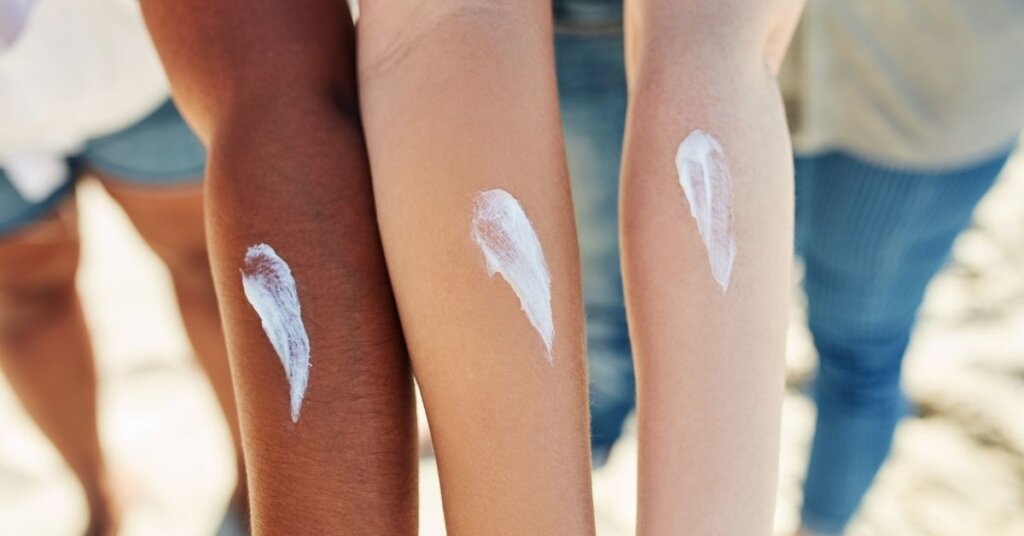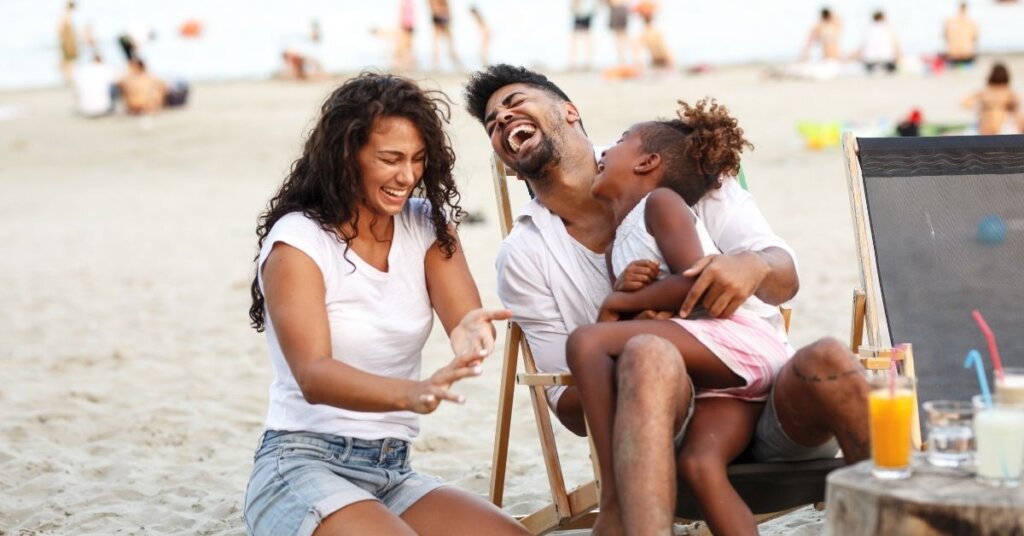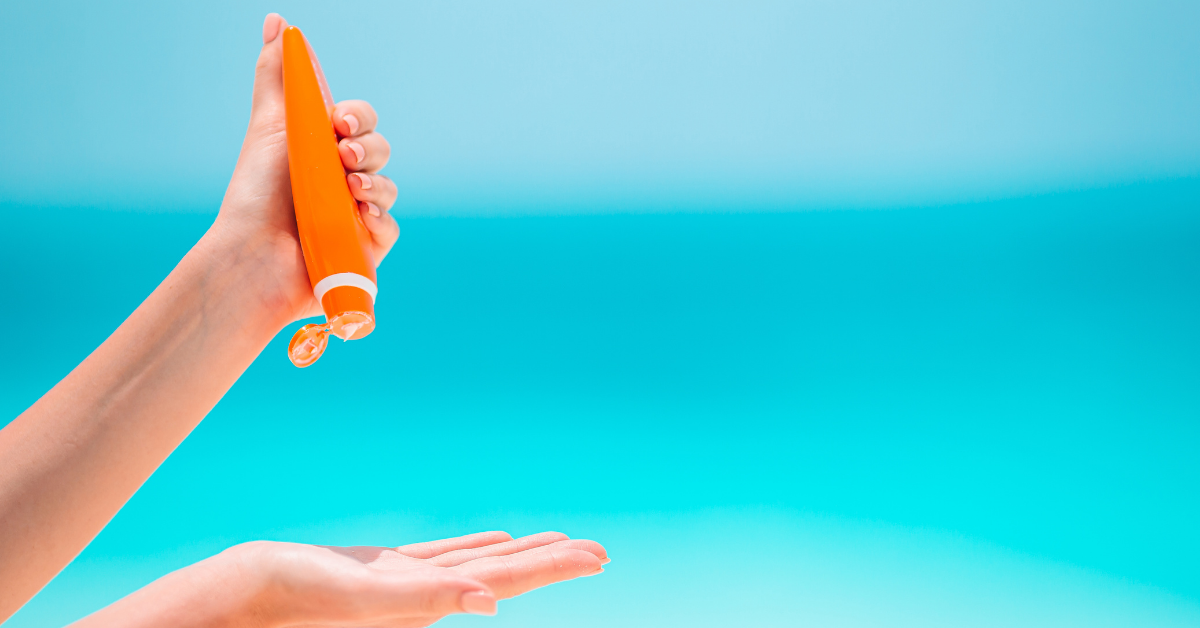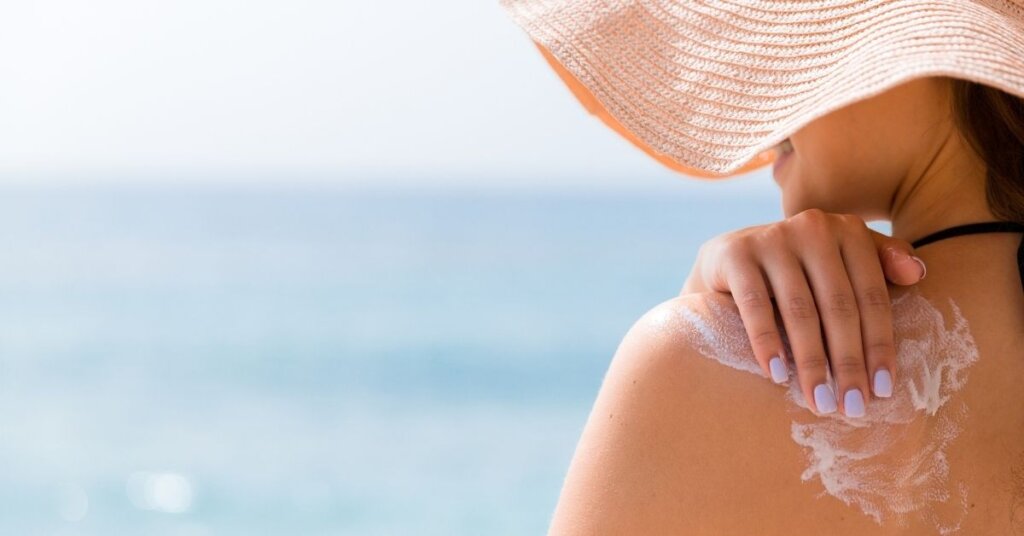As lockdown measures continue to ease, we know that you may be thinking about travelling abroad; with heatwaves on the horizon, you may also be thinking of enjoying the warmer weather locally instead. Wherever you are, making sun safety your top priority is essential. That’s why we have created this guide to help you stay safe in the sun in Longfield, Dartford , or on your travels abroad. We will tell you how you can increase your vitamin D intake, whilst staying protected from the more harmful effects of the sun.
If you are looking to jet off, find out more about our essential Covid testing in our latest blog post!

Why should I be concerned with sun safety?
According to the NHS, sunburn increases your risk of developing skin cancer; sunburn is caused by prolonged sun exposure. Moreover, in spite of popular misconceptions, you do not have to be in a hot destination abroad to get sunburnt. In reality, is possible to get burnt within the UK, even when the weather is seemingly cloudy. Therefore, we recommend that you include facial SPF into your daily routine, even during winter. This will protect the most exposed parts of your body from sun damage.
Tips for staying safe in the sun
The NHS confirms that you should not solely depend upon sunscreen for protection. Additionally, they advise that there are a number of methods you can use alongside frequent SPF application. These include:
- Spending time in the shade to avoid the sun when it is at its highest, during the hottest part of the day. This is usually between 11am and 3pm in the UK, between March and October.
- Taking extra care with sun protection for children.
- Covering up using appropriate eyewear and clothing.
- Staying vigilant with sunscreen, using at least factor 30.
We also offer a comprehensive Travel Clinic, with all of the vaccinations and advice you need to stay safe abroad:
Find out more about our Travel Clinic here!
How much SPF do I need to apply?
It is recommended that you apply 2 teaspoons of sunscreen for just your head, neck and arms as an adult. You should also use 2 tablespoons to cover your entire body whilst wearing a swimming costume. The level of protection provided is dependant on the amount you apply. Therefore, if you are worried you may not be applying enough of a lower SPF, it is advisable to switch to a higher one. Further guidance regarding SPF application can be found on the NHS website.
What factor of SPF do I need?
Essentially, SPF ratings are organised on a scale of 2-50+. This is based on the level of protection they offer, with 50+ providing the highest possible protection against UVB. When you are trying to choose a sunscreen, you should always aim for a sun protection factor of at least 30 for the most efficient UVB protection.
Also, the highest possible UVA rating is 5 stars. Therefore, you should seek out at least 4-star UVA (ultraviolet A) protection. If the bottle has “UVA” in a circle on the label, this also confirms its standard of protection, indicating that it equates to the EU standard for SPF.
Moreover, it is important to check the expiry date of the sunscreen before purchasing. The shelf life of sunscreen is normally comprised of 2-3 years.

How can we help you stay safe in the sun in Longfield, Dartford and on your travels?
At Hodgson Pharmacy, we always prioritise your health and well-being. That’s why we offer a range of sun-related skincare products to offer you protection, wherever you go. We can provide both SPF and Aftersun, as well as advice whenever you need it.
Visit us for advice; let us help you stay safe in the sun so you can focus on what’s important – enjoying your time outdoors, safely!


